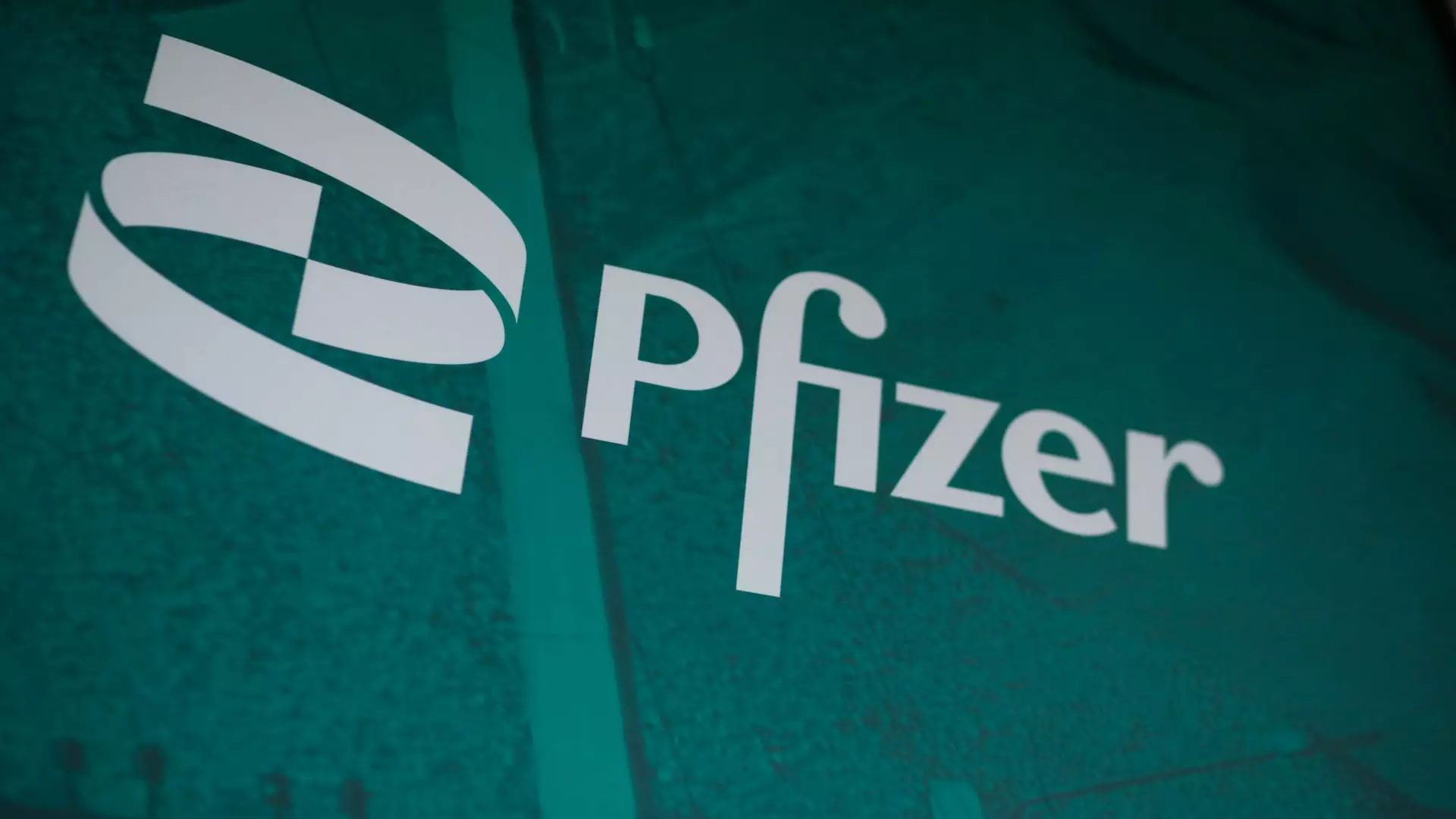Cancer cachexia is an often-overlooked yet devastating condition that affects millions of cancer patients globally. Characterized by significant weight loss, muscle wasting, and debilitating fatigue, this syndrome can severely impair patients’ quality of life. The National Cancer Institute classifies cachexia by a weight loss of 5% or more within six months, alongside symptoms such as loss of appetite and extreme tiredness. According to Pfizer, roughly 9 million individuals are affected by this complex syndrome worldwide, with alarming statistics indicating that 80% of cancer patients suffering from cachexia are likely to succumb within a year of their diagnosis. The implications of this condition stretch beyond physical debilitation, leading to reduced effectiveness of cancer therapies and lower overall survival rates.
Pfizer has recently reported encouraging outcomes from a midstage clinical trial for its investigational drug ponsegromab, aimed specifically at treating cancer cachexia. This monoclonal antibody has demonstrated its potential to improve various measurements of patients’ wellbeing. The data presented at the European Society for Medical Oncology 2024 Congress and published in The New England Journal of Medicine suggests that ponsegromab may hold the key to addressing an unmet clinical need.
In this phase two clinical trial, 187 participants diagnosed with non-small cell lung cancer, pancreatic cancer, or colorectal cancer were monitored. These patients also exhibited elevated levels of growth differentiation factor 15 (GDF-15), a protein known to influence appetite and contribute to the cachexial syndrome. Results indicated that patients administered the highest dosage of ponsegromab (400 milligrams) experienced a weight gain of approximately 5.6% against their placebo counterparts. Doses of 200 milligrams and 100 milligrams also showed promising increases in weight, suggesting a dose-dependent effect.
The significance of gaining weight when suffering from cancer cachexia cannot be overstated. As noted by clinical experts, a weight gain of over 5% is deemed “clinically meaningful” for cancer patients struggling with cachexia. Furthermore, enhanced appetite and improved physical function were observed in those receiving ponsegromab, marking a crucial intersection between treatment and the holistic wellbeing of patients. Charlotte Allerton, Pfizer’s head of discovery and early development, emphasized the importance of addressing the broader spectrum of patients’ quality of life.
Despite these positive results, the drug also warrants a closer examination for potential side effects. Pfizer claimed no major adverse effects were recorded in the treatment group, with treatment-related side effects slightly lower than in the placebo group. Such data is particularly crucial as it allows the medical community to weigh the benefits of a new treatment against its risks, a constant evaluation necessary for all pharmaceuticals.
With promising midstage data in hand, Pfizer is now preparing for the next steps in bringing ponsegromab to market. The company has expressed intentions to engage regulators to discuss late-stage developments for this drug. They are aiming to initiate further studies by 2025 that could set the stage for potential approval from the U.S. Food and Drug Administration (FDA). This strategic direction indicates Pfizer’s commitment to not only advancing its investigational drug but also addressing a long-neglected medical concern.
Beyond its applications for cancer cachexia, ponsegromab is also being explored in a phase two trial for patients with heart failure, who may similarly experience cachexia. This broader research approach underscores the potential versatility of the drug while also indicating a wider scope for respecting patient wellbeing across different diseases.
As the field of oncology continues to evolve, it is pivotal that both researchers and pharmaceutical companies remain attuned to the multifaceted needs of cancer patients. Should ponsegromab receive the necessary approvals, it may well become the first treatment explicitly sanctioned for cancer cachexia in the U.S., potentially transforming how this complex condition is managed and improving the lives of countless patients. The encouraging results from Pfizer’s clinical trials represent not just a scientific advancement but a beacon of hope for individuals grappling with the debilitating effects of cancer cachexia. As these discussions advance, the medical community watches closely, hoping for breakthroughs that can turn the tide against this often-ignored complication of cancer.


Leave a Reply